I have no formal education in the fields of psychiatry or psychology – this essay is merely an exploration of my own experiences as a person with mental illness.
A person who sprained their ankle and has to walk with crutches for a couple of weeks; someone has a large bandage on their hand because they accidentally cut themselves in the kitchen; a guy with a bad sunburn after a day at the beach. All of these “injuries” are sometimes rather painful and usually uncomfortable, but they are also clearly visible to the outside world. As a result, such minor inconveniences frequently elicit an immediate response of sympathy from friends and family – and even strangers. But when a person is suffering from mental illness, they sometimes hear such things as: Why are you doing this to yourself? Stop it? Do you pray enough?
While everyone should be sufficiently self-aware to understand their own feeling; or have self-control; or pray on a daily basis – with someone having a serious medical condition such as cancer, heart disease, or HIV – a rational and kind person would not start there. They would typically ask: What did the doctors say? But in terms of mental illness, society often takes a stance that the person with mental illness can simply heal themselves. There is also an erroneous belief that the mentally ill are somehow doing this to themselves; that they don’t want help; that their problem is actually alcoholism or drug addiction; even that it is some form of punishment or recompense for past mistakes and misdeeds.
As someone with mental illness – I often asked myself a few of those same questions: Why am I doing this to myself? I couldn’t explain why my mind worked the way it did. Even though I knew that I wasn’t thinking correctly, I couldn’t remember a time when I wasn’t this way. I had this inner dialogue taking place inside my head. I incessantly analyzed and questioned everything I did and said. I analyzed and quested everything everyone else did and said; then, I tried to analyze and predict what they were thinking. It was exhausting.
Thinking back, when I was a child, I don’t remember being particularly anxious or high-strung; in fact, I tended more towards solitary introspection. I was alone a lot. I made-up little games and fantasy scenarios whereby I was an astronaut with my treehouse serving as a spaceship. In school and in life, I was alienated and distant from other boys and men – including my father. I strangely felt safe while barricading myself into ever smaller spaces – the basement, a large cardboard box, my tiny bedroom closet. In these safe spaces, I spent countless hours floating through a fantasy world in my mind. I invented movie plotlines during which a courageous man would rescue me from my self-imposed exile. He never showed up.
Mirroring my mental imprisonment within a series of increasingly narrow thoughts, my world became smaller. I felt like a giant “Alice” trapped inside the White Rabbit’s house.
Mental illness is incredibly difficult to describe. You no longer feel safe – anywhere. As a result, you hide deeper and deeper within yourself, until you are almost completely lost. Then you lose control. It feels as if you are trapped in someone else’s body. Controlled by someone else’s mind and you are buried deep inside – screaming: Please help me! Except no one can here you. Its terrifying.
For a time, I thought I found a sort of salvation within the gay male community. In California, in the gay-friendly city of San Francisco, the Castro neighborhood became an asylum from the pain. But it actually exasperated the problem – oftentimes requiring an ever-narrower sort of self-identification. Walking outside of the perimeters of what I envisioned as the “gay” world was almost paralyzing – therefore, many of those in the community (including myself) tended to only frequent our own establishments. But as the societal stigma around homosexuality (which reached an apogee during the worst years of the AIDS epidemic) extraneously decreased, resulting in a certain mainstreaming of gay culture – seen in the corporatization of such events as the annual “Pride” celebrations during the month of June and the targeting of the gay audience in marketing campaigns, those who identify with the ever expanding LGBTQ+ acronym are increasingly myopic in their view. Sexual freedom and liberation have not created autonomy and self-determination, only bondage. For this reason, towards the end of my imprisonment within homosexuality and mental illness, I transformed into a devotee of BDSM.
Suddenly, I became like a Matryoshka doll (or Russian “nesting doll.”) Over the years, I had built up layer upon layer of various identities, personality characteristics, and alliances – all in an attempt to protect myself; to safeguard a small and scared little boy hiding at the center of it all. I didn’t know him or even know he was there. Since those earlier days, something had explained that boy away. I was born this way; or as a priest once said: God made you that way.
“To love someone means to see them as God intended them.” ― Fyodor Dostoyevsky
Slowly, I didn’t believe it anymore. Through the assistance of a professionally licensed therapist and a limited use of medication, I began to question many of those once sacrosanct beliefs. At the same time, I met a kindly yet stern orthodox Roman Catholic priest who finally taught me that I wasn’t defined by what happened to me; feeling insecure as a child, and being molested as a teenager, wasn’t part of God’s plan; he hadn’t willed that for me – or anyone else.
It took many years, but I was gradually able to remove many layers of false armor that I had placed around me; I thought the collective force of the LGBT community, combined with my own willingness to “come-out” and self-declare my identity, could shelter me from my pain and somehow make the past seem not so bad. In reality, those decisions made me even more vulnerable. For I was literally let loose in an environment with similarly wounded men – all desperately in need of compassion and affection. But in an atmosphere that was often ruled by the rising and falling levels of androgen and testosterone, the need for love became confused with reckless sex. Here, I could easily find endless opportunities in which I could recreate my abuse in a vain attempt to make the memories go away. It never worked – it only got worse.
Through my experience, I believe there are several components to mental illness – some of them biological; others have to do with trauma and abuse. Sometimes, I think the severity of mental illness often depends upon how it is treated (or not) and the level of personal care, patience, and love that surrounds the person; when I walk through certain sections of San Francisco, I am immediately struck by the sight of countless men and women living on the sidewalks. Many of them are addicted to drugs as evidenced by the numerous used needles on the ground and the track marks going up their battered arms; the scent of burning marijuana is everywhere. There is an instinctual first response that wavers between disgust and revulsion. But within a couple of seconds, I remember that I was once almost exactly were they are now. When I arrive home, I can’t get them out of my mind and I think: How sad that anyone would condemn those people to that life. That they chose to be there or they are there because of their addictions. Maybe? But I see the wounded child huddled in the corner.
How tragic that someone would make a blanket statement about how “gay” people were simply born that way; even worse, are the priests and prelates who take it even further and pronounce that – God made you gay; see here, here, and here. Some have even made such a statement to abuse victims. It takes away all of our humanity and our individuality. Every human being is unique with a unique history. Within homosexuality and gender-dysphoria there is a strange confluence of mental illness and childhood trauma that deserves to be explored. That is to show that you truly care. To simply treat (and misdiagnose) every LGBT person in the same way – for example, they were born gay – is to deny their own story; its tantamount to stepping over a dying man laying in the street.
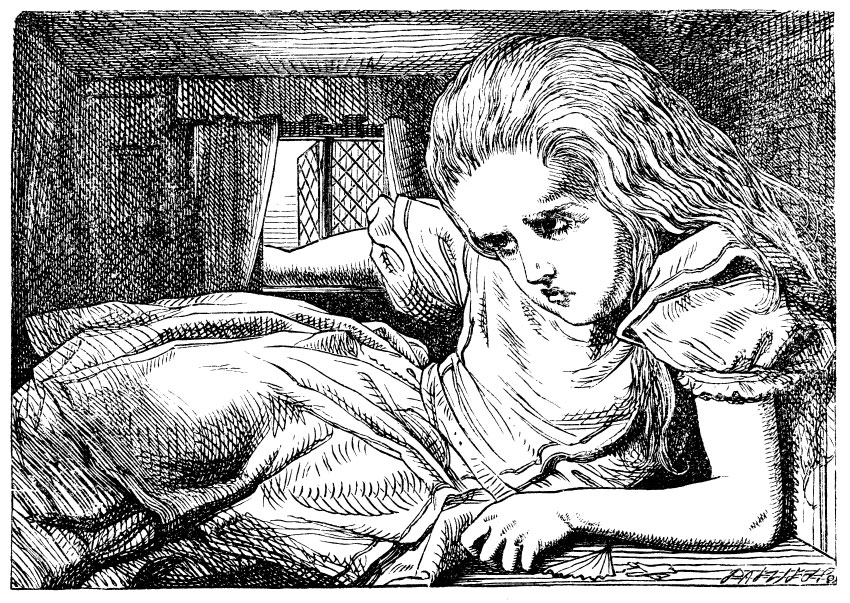
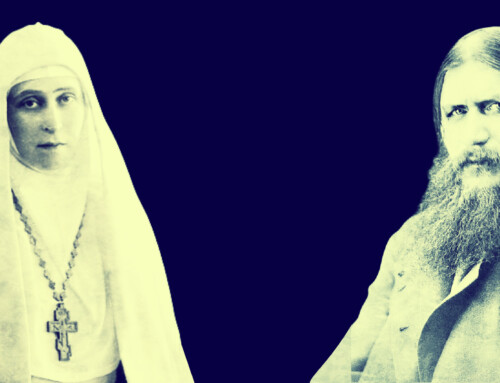

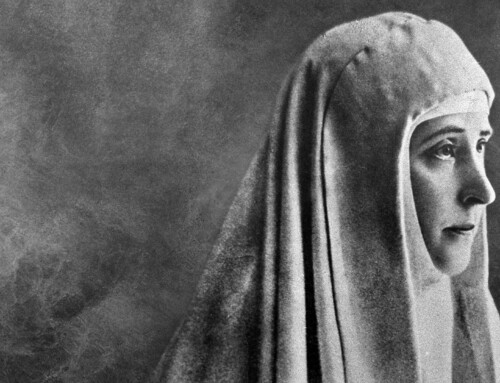
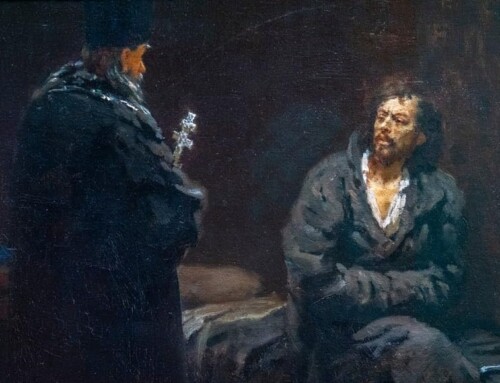
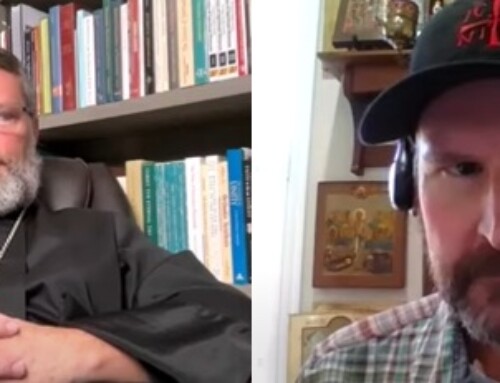
Whatever the author’s tragic mental illness and trauma might be/have been, being gay is neither. No peer reviewed medical study has ever shown any causal link between sexual abuse and resulting homosexuality. In fact, both heterosexuals and homosexuals suffer abuse and many heterosexuals and homosexuals have never experienced the kind of childhood trauma that the author suggests (without explaining the correlation) “cause” homosexuality.
“Forty-six percent of the homosexual men in contrast to 7% of the heterosexual men reported homosexual molestation. Twenty-two percent of lesbian women in contrast to 1% of heterosexual women reported homosexual molestation.”
See study here: https://www.ncbi.nlm.nih.gov/pubmed/11501300
Joseph, I pray for you and your ministry! A hail Mary daily and a word to good St Joseph. God bless you abundantly in mind, body and soul.